I will paraphrase my father: “it doesn’t matter how much money you are making if you are spending most of it. If you want to build wealth, you need to look at how much you can set aside every month”.
what would you expect the percentage to be?
A lot less. When I was single and sharing an apartment, I’d pay 600€ on a ~4000€ netto salary. 10 years, a marriage and two kids later, our place is about 1400€ even when our combined income was 3.5x as much.








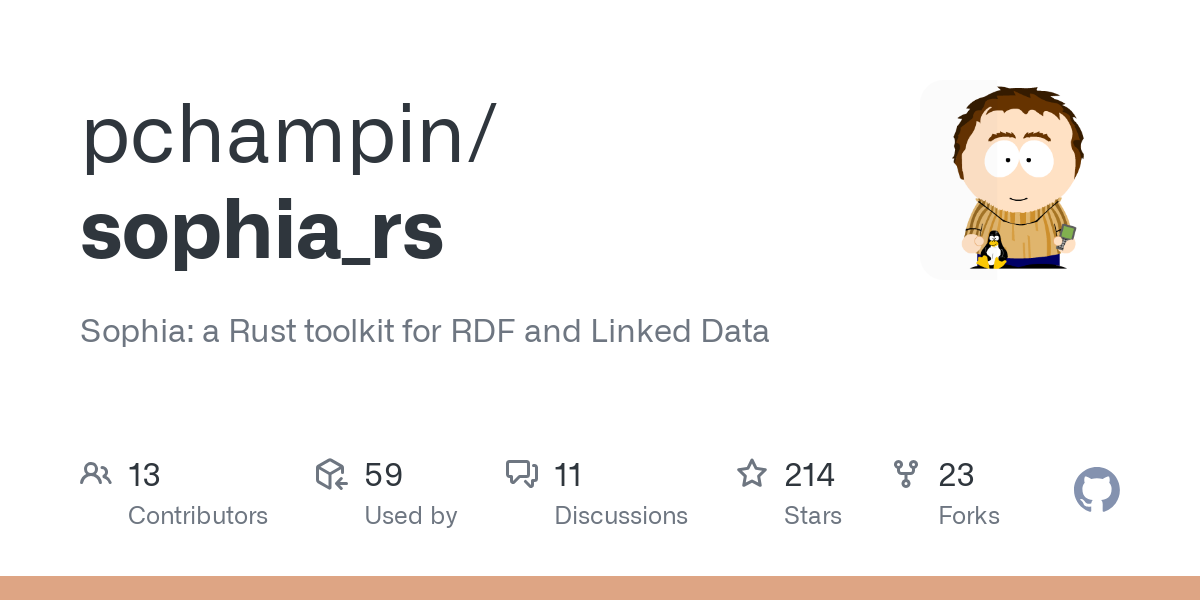


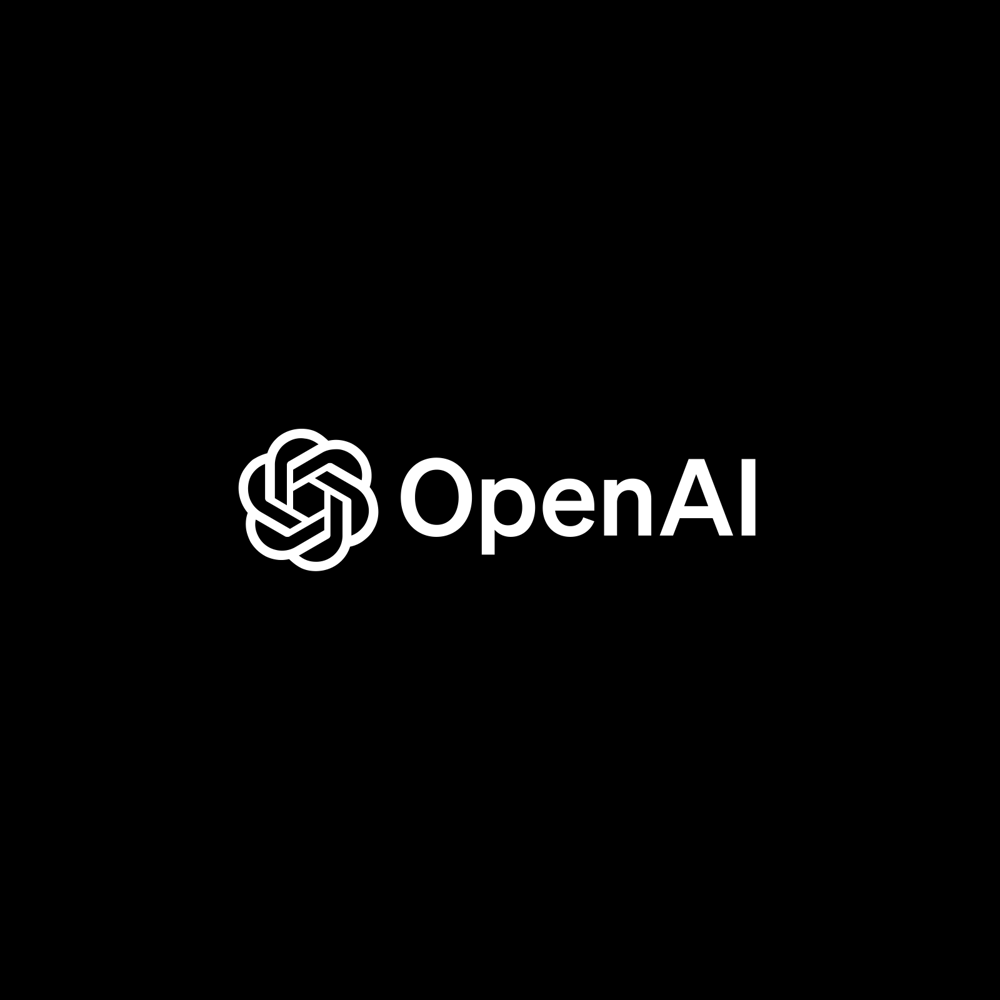



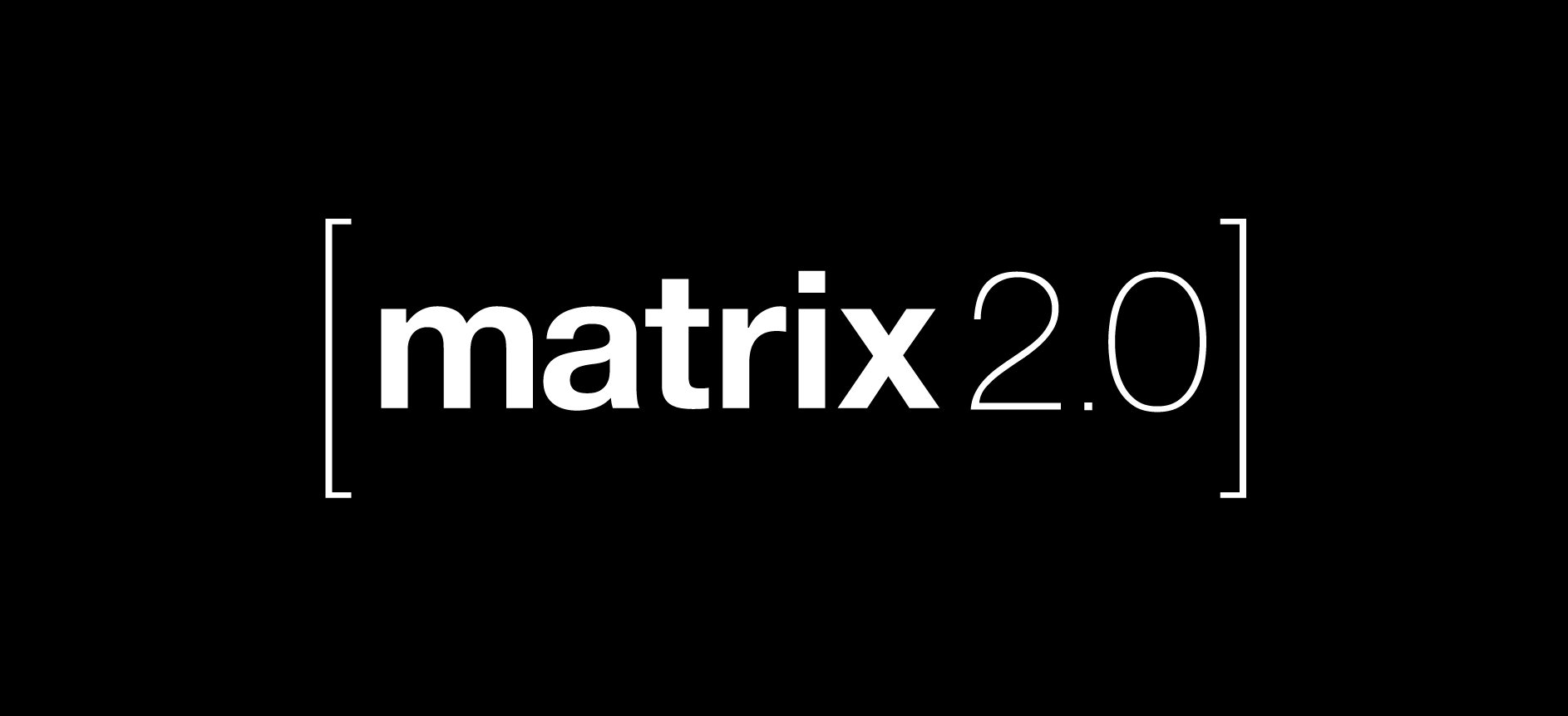
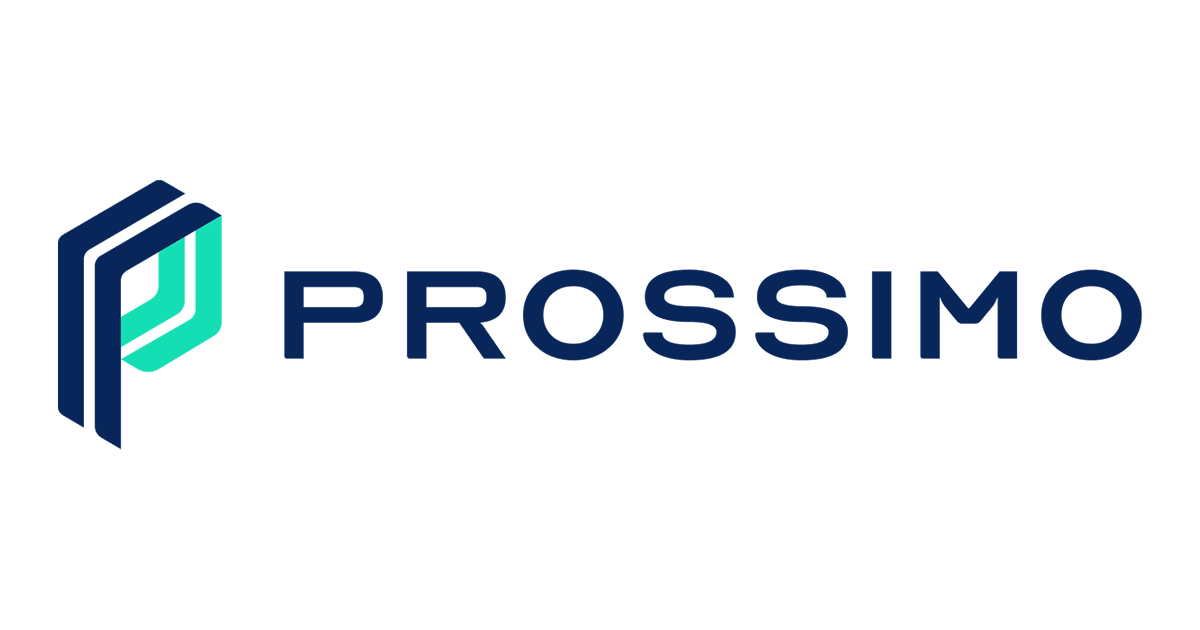

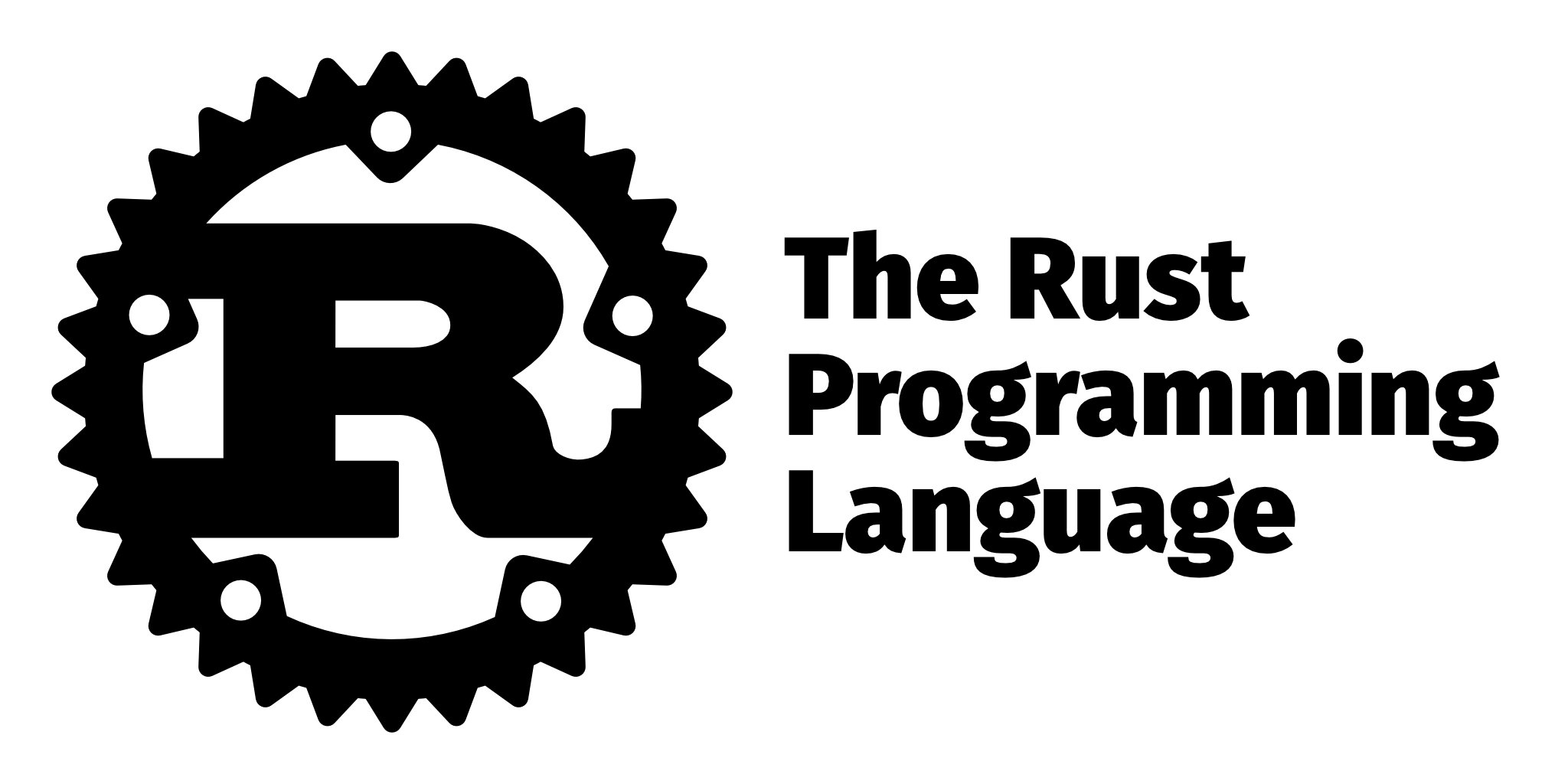


57k for a junior was “decent” in Berlin 10 years ago for anyone that could spell Javascript. Nowadays it falls squarely into “I’ll take this job because it’s better than nothing” territory.